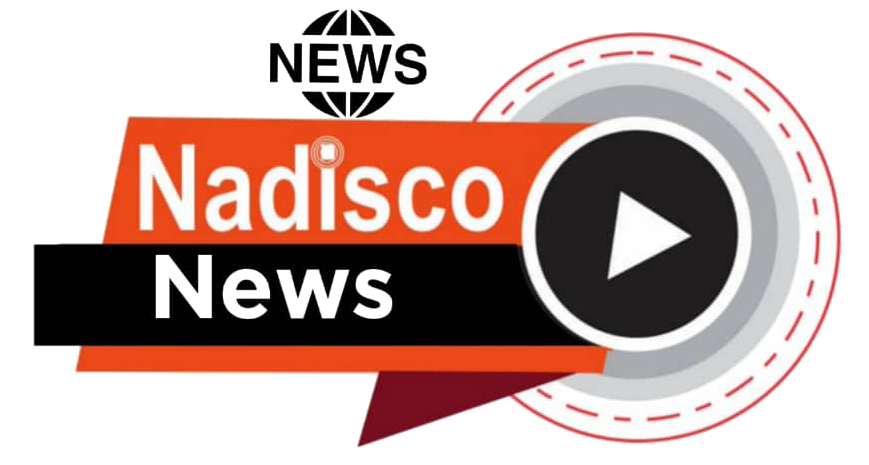An Associate Professor with the Department of Finance at the University of Ghana Business School, Lord Mensah has brushed off calls for the government to go under an IMF programme owing to the challenges the economy is facing. He said the challenges of the economy require deliberate actions from the government using internal solutions instead of relying on external support from the IMF.
Speaking on Citi TV’s The Big Issue on Saturday, Prof. Mensah said after about 16th IMF programmes, the country failed to maintain the fiscal discipline that came with it and as such going back will only be a lazy approach that will not address the root cause of Ghana’s economic woes.
“We went to the IMF and IMF came to put in measures that were to ensure that even if you wean off the programme, you stay disciplined. What is the essence of the Fiscal Responsibility Act and the fiscal responsibility committee? We don’t need to go to the IMF. We are not going to the IMF, we just have to stay disciplined,” he said.
Prof. Mensah said the government must introduce its own austerity measures and cause a number of economic adjustments.
Reacting to suggestions that agriculture holds the promise to transform the country’s economy, he said the government’s agricultural programmes have failed to bring results, particularly the Planting for Food and Jobs programme which has not been able to ensure enough food production to prevent Ghana’s high food product import.
Meanwhile, the Director of Research and senior economist at the Institute of Economic Affairs (IEA), Dr John Kwakye says the government’s frantic push to introduce the 1.75% E-levy and the public calls for the government to seek assistance from the IMF to deal with its fiscal imbalances are not immediately necessary.
According to him, the government can raise more revenue from staying fiscally disciplined and cutting down on some of its expenditure.
“I think there is room for the government to scale-up revenue mobilization because there are a lot of loopholes they need to fill. Exemptions, illicit financial flows, property taxes that we don’t collect and administrative lapses. If you plug all these loopholes, you will scale up revenue substantially and even the E-levy will not be needed. You will get much more than the E-levy,” he said.




